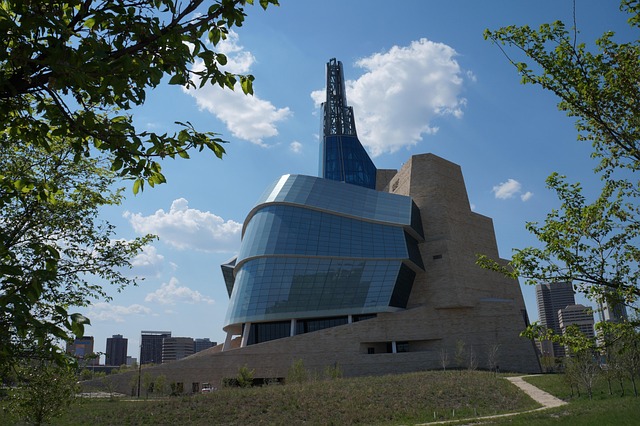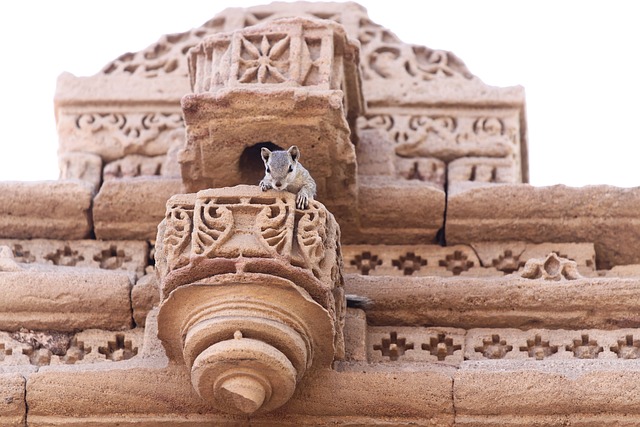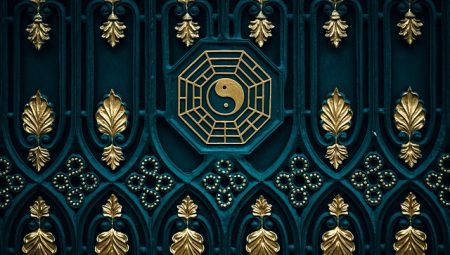Take Diwali, for instance, celebrated by millions of Hindus around the world. It’s not just about lighting up homes with diyas; it’s a festival of joy, symbolizing the victory of light over darkness, good over evil. You can practically feel the excitement as families gather to exchange sweets, performing rituals that have been passed down through generations.
Then there’s Ramadan, observed by Muslims everywhere. This month-long journey of fasting from dawn until dusk transforms lives, fostering empathy and gratitude. It’s a time for reflection and spiritual growth. Picture communities coming together for iftar meals, breaking bread after a day of fasting—it’s all about unity and compassion.
Let’s not forget Christmas, a day that resonates with joy and goodwill. From the exchanging of gifts to carols ringing through the streets, it embodies the spirit of giving. Families come together, often gathering around a festive meal, creating memories that last a lifetime.
Buddhists celebrate Vesak, marking the birth, enlightenment, and death of Buddha. Picture monks in orange robes, bathing statues of the Buddha and lighting lanterns—it’s a breathtaking sight that embodies peace and mindfulness.
Each of these festivals serves as a reminder of hope, love, and unity in our diverse world. They transcend borders, bringing people together to honor beliefs and values that shape our shared human experience. Isn’t that something worth cherishing?
Global Celebration: Discover the World’s Most Significant Religious Festivals
Then there’s Ramadan, a month of fasting for Muslims worldwide. It’s not merely about abstaining from food; it’s a profound time for self-reflection, community bonding, and charity. Breaking the fast at sunset with loved ones, sharing meals that represent abundance and gratitude—now that’s a snapshot of faith in action!
Let’s not forget about Christmas, celebrated by millions around the world. Picture streets adorned with twinkling lights and the air filled with carols. It’s a time for giving, joy, and connection, where people gather to celebrate a message of hope and love. Meanwhile, in festivals like Hanukkah, the Jewish Festival of Lights, the warm glow of menorahs illuminates homes as families recount tales of resilience and miracles.

Or how about the colorful chaos of Carnival in Brazil? It’s a heart-pounding explosion of music, dance, and parades, where cultural expressions bond people in happiness. Isn’t it fascinating how each festival, from the solemn to the exuberant, serves as a reflection of deep-rooted beliefs and collective identity? These global celebrations remind us that, despite our differences, joy is a universal language that brings us all together.
Faith and Festivity: A Journey Through Major Religious Observances Across Cultures
Then there’s Ramadan, a month of fasting and reflection for millions of Muslims worldwide. The call to prayer resonates through the air, marking the transition from day to night. After a long day without food, the iftar meal brings families together, rich in laughter and stories. It’s like breaking bread with a close friend; it warms not just the body, but also the spirit.
Let’s not forget the exuberance of Christmas, celebrated in diverse ways around the globe. From the serene midnight Mass to the bustling markets filled with the scent of roasted chestnuts, each tradition is a thread woven into a larger narrative of joy and giving. Doesn’t the thought of exchanging gifts with loved ones evoke a sense of togetherness?
And what about the intricate rituals of Chinese New Year? Picture lion dances, fireworks lighting up the night sky, and families gathering for reunion dinners. It’s a delightful mix of honoring ancestors and ushering in new beginnings, much like planting seeds for a prosperous future.

Across these diverse observances, faith acts as a bridge, connecting us to our past and guiding us towards a hopeful tomorrow. Each festival, with its unique flavors and sights, tells a story that deserves to be shared, unraveling the beautiful tapestry of human experience.
From Diwali to Ramadan: Unpacking the Significance of Major Religious Festivals
Diwali, the Festival of Lights, bursts forth with joy as homes glitter with diyas and families gather to celebrate love, prosperity, and the triumph of good over evil. The air is infused with the scent of sweets and savory snacks, and streets are alive with laughter and festivities. It’s a time for renewal, where old grudges are set aside and hearts open to forgiveness. Can you imagine the joy of lighting that first diya, signaling hope and new beginnings?
Then, in parallel, we enter the sacred days of Ramadan. This isn’t just a month of fasting; it’s a time for self-reflection, empathy, and strengthening one’s faith. During Ramadan, when the sun sets, families come together not just to break their fasts but to connect deeply over shared meals. There’s something profoundly unifying about the call to prayer, echoing through neighborhoods calling everyone to pause, reflect, and express gratitude.
While Diwali is about external celebrations, Ramadan invites us to delve inward. It’s like a cleansing river, washing away distractions and focusing on gratitude. Isn’t it fascinating how these festivals, though different in customs, echo similar themes of community, reflection, and the joyous spirit of giving? They teach us to celebrate life in its many forms, reminding us that regardless of our backgrounds, the essence of togetherness and reverence binds us all.
Sacred Gatherings: The Cultural Impact of the World’s Leading Religious Festivals
Take Diwali, for instance. As homes light up with flickering diyas, there’s a palpable sense of joy and renewal in the air. It’s not just about the lights and fireworks; it’s a festive reminder of good triumphing over evil, reflecting the deep-seated values of the community. Similarly, during Ramadan, thousands come together, breaking their fast at sunset. The shared meals aren’t mere acts of sustenance but opportunities for connection, fostering a sense of belonging and compassion among friends and families.
And then there are events like Carnival in Brazil, where rhythm and dance explode into joyous chaos! It’s a time when the boundaries of everyday life dissolve, allowing individuals to express themselves freely. The colorful parades don’t just entertain; they tell stories of resilience, heritage, and creativity that have been passed down through generations.
Think about it: these gatherings serve as a bridge, connecting us to our roots while inviting others to share in our traditions. When you participate in a religious festival, you’re not only celebrating a spiritual milestone but also engaging in a cultural exchange that enriches your understanding of the world. It’s an invitation to experience life through different lenses—creating memories, forging friendships, and igniting the spirit of unity.
So, the next time you find yourself at such a gathering, remember it’s far more than an event; it’s a living, breathing celebration of humanity itself!
Unity in Diversity: Exploring the Rich Tapestry of Global Religious Celebrations
Imagine strolling through the bustling streets of a city during Diwali, the Festival of Lights. The air is thick with the scent of sweets, and the night sky glimmers with colorful fireworks. Then, on the other side of the globe, picture the peace and reflection of Ramadan, where streets are filled with the sounds of community iftar meals breaking the daily fast. Each celebration tells a story of hope, community, and values that resonate across cultures.
What about the joy of Christmas, with its twinkling lights and the warmth of family gatherings, juxtaposed against the solemnity of Yom Kippur, a time for atonement and reflection? Isn’t it amazing how these celebrations, while seemingly different, carry similar themes of love, forgiveness, and togetherness?
These diverse events not only enrich our lives but also encourage understanding and respect among different faiths. When we share in one another’s traditions, we build bridges rather than walls. Think of it like trying different flavors of ice cream at a parlor; each scoop has its own unique taste, yet together they create an explosion of delight.


![How Do Different Cultures Celebrate New Year [Global Guide]? How Do Different Cultures Celebrate New Year [Global Guide]?](https://travel-tips.net/wp-content/uploads/2025/09/how-do-different-cultures-celebrate-new-year-global-guide-1758919069304-450x255.png)

![What Makes Japanese Tea Ceremony So Significant [Cultural Guide]? What Makes Japanese Tea Ceremony So Significant [Cultural Guide]?](https://travel-tips.net/wp-content/uploads/2025/09/what-makes-japanese-tea-ceremony-so-significant-cultural-guide-1758919144390-427x255.jpeg)